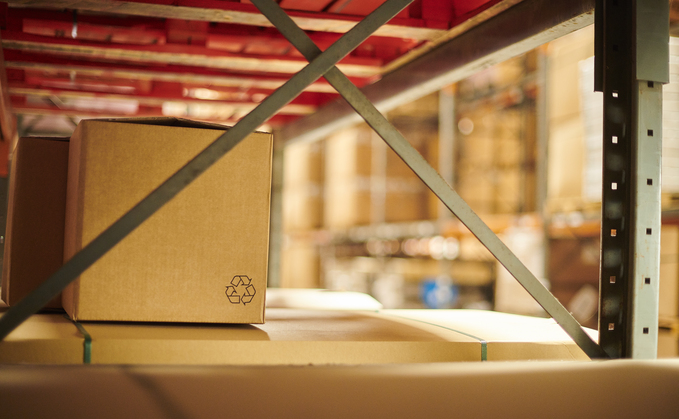
Credit: iStock
ABB report finds 91 per cent of industrial firms affected by resource scarcity, prompting two-thirds to increase investment in circular solutions
A new report from engineering firm ABB Motion has found that nine-in-10 industrial businesses are feeling the effects of resource scarcity, prompting two-thirds to increase funding for circularity initiatives...
To continue reading this article...
Join BusinessGreen
In just a few clicks you can start your free BusinessGreen Lite membership for 12 months, providing you access to:
- Three complimentary articles per month covering the latest real-time news, analysis, and opinion from Europe’s leading source of information on the Green economy and business
- Receive important and breaking news stories via our daily news alert
- Our weekly newsletter with the best of the week’s green business news and analysis









